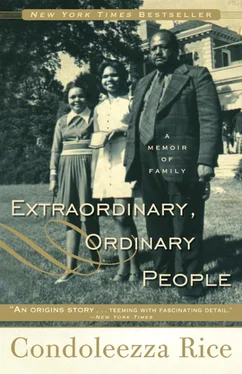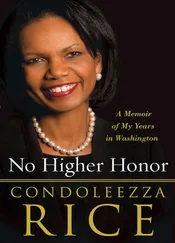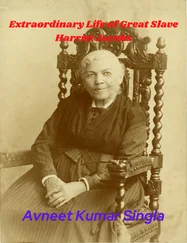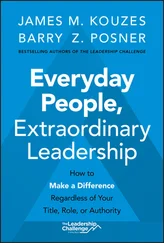Condoleezza Rice - Extraordinary, Ordinary People
Здесь есть возможность читать онлайн «Condoleezza Rice - Extraordinary, Ordinary People» весь текст электронной книги совершенно бесплатно (целиком полную версию без сокращений). В некоторых случаях можно слушать аудио, скачать через торрент в формате fb2 и присутствует краткое содержание. Город: New York, Год выпуска: 2010, ISBN: 2010, Издательство: Delacorte Press, Жанр: Биографии и Мемуары, на английском языке. Описание произведения, (предисловие) а так же отзывы посетителей доступны на портале библиотеки ЛибКат.
- Название:Extraordinary, Ordinary People
- Автор:
- Издательство:Delacorte Press
- Жанр:
- Год:2010
- Город:New York
- ISBN:978-0-307-71960-7
- Рейтинг книги:5 / 5. Голосов: 1
-
Избранное:Добавить в избранное
- Отзывы:
-
Ваша оценка:
Extraordinary, Ordinary People: краткое содержание, описание и аннотация
Предлагаем к чтению аннотацию, описание, краткое содержание или предисловие (зависит от того, что написал сам автор книги «Extraordinary, Ordinary People»). Если вы не нашли необходимую информацию о книге — напишите в комментариях, мы постараемся отыскать её.
But until she was 25 she never learned to swim.
Not because she wouldn’t have loved to, but because when she was a little girl in Birmingham, Alabama, Commissioner of Public Safety Bull Connor decided he’d rather shut down the city’s pools than give black citizens access.
Throughout the 1950’s, Birmingham’s black middle class largely succeeded in insulating their children from the most corrosive effects of racism, providing multiple support systems to ensure the next generation would live better than the last. But by 1963, when Rice was applying herself to her fourth grader’s lessons, the situation had grown intolerable. Birmingham was an environment where blacks were expected to keep their head down and do what they were told—or face violent consequences. That spring two bombs exploded in Rice’s neighborhood amid a series of chilling Klu Klux Klan attacks. Months later, four young girls lost their lives in a particularly vicious bombing.
So how was Rice able to achieve what she ultimately did?
Her father, John, a minister and educator, instilled a love of sports and politics. Her mother, a teacher, developed Condoleezza’s passion for piano and exposed her to the fine arts. From both, Rice learned the value of faith in the face of hardship and the importance of giving back to the community. Her parents’ fierce unwillingness to set limits propelled her to the venerable halls of Stanford University, where she quickly rose through the ranks to become the university’s second-in-command. An expert in Soviet and Eastern European Affairs, she played a leading role in U.S. policy as the Iron Curtain fell and the Soviet Union disintegrated. Less than a decade later, at the apex of the hotly contested 2000 presidential election, she received the exciting news – just shortly before her father’s death—that she would go on to the White House as the first female National Security Advisor.
As comfortable describing lighthearted family moments as she is recalling the poignancy of her mother’s cancer battle and the heady challenge of going toe-to-toe with Soviet leaders, Rice holds nothing back in this remarkably candid telling. This is the story of Condoleezza Rice that has never been told, not that of an ultra-accomplished world leader, but of a little girl—and a young woman—trying to find her place in a sometimes hostile world and of two exceptional parents, and an extended family and community, that made all the difference.












